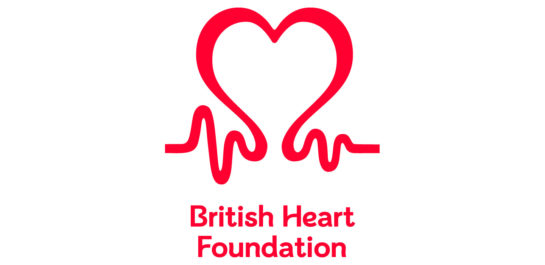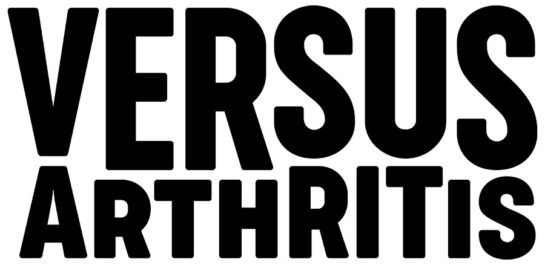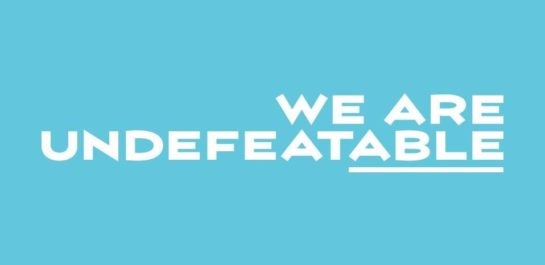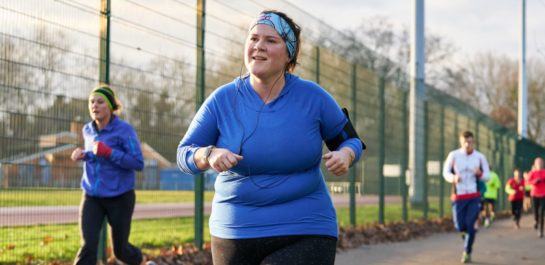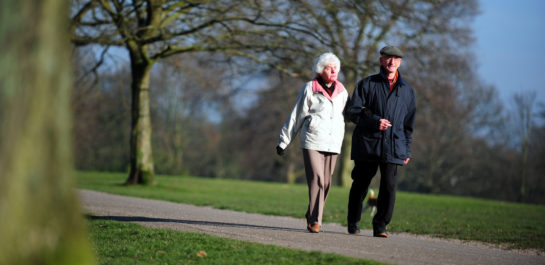Having to overcome your health conditions
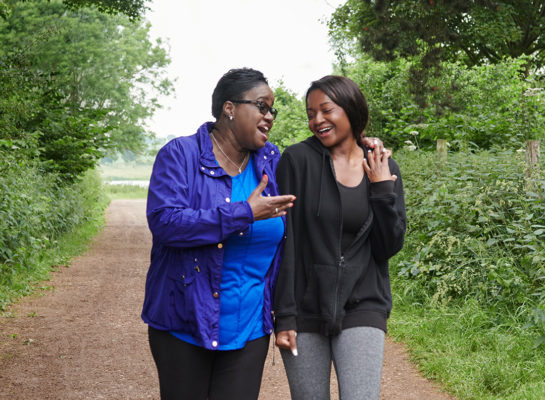
Your behavioural assessment suggests that your health or your health conditions are an issue for you to becoming more active. This is a common issue because of the range of health conditions and the different response to physical activity. Now we can’t sit here and say that physical activity is the best thing to do across the board, each person has to manage their health in their own way. What we want to do is to get you to access the best possible information and support for you to include the right physical activity for you.
As a rule, physical activity is safe across the vast amount of health conditions if done correctly and in fact is encouraged to improve health outcomes in some of them. Some of these health risk reductions are outlined below.
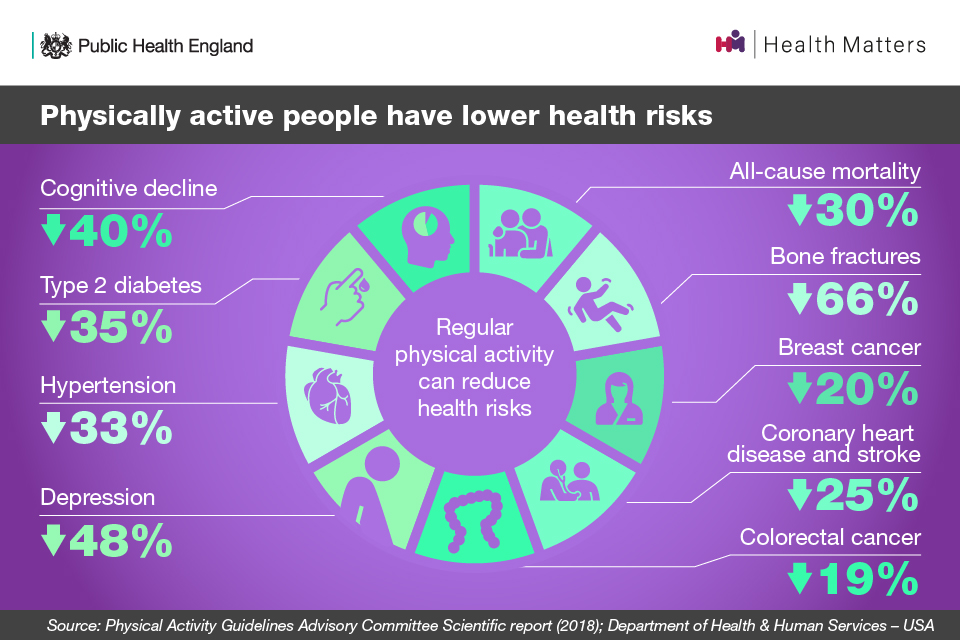
What’s important is that you understand that what we’re talking about is physical activity, this isn’t exercise but focusing on moving more regularly and building up to moving a bit quicker or more vigorously. You should focus on achieving what is possible and increase what you do slowly.
However, we can’t just go straight into marathon training if you’ve not been active and have health conditions as there are risks involved. These risks may be making your condition worse, increasing pain or increasing the likelihood of a medical event. This is where medical and exercise professionals can help. At Active Blaby, we have qualified staff to help you increase your activity safely and in a way that will achieve your outcomes, whether that’s improve your health condition or simply to get a bit more active to be healthier to make your everyday life easier and do things you enjoy.
To speak to one of our specialists, you can refer yourself to our services via our online referral form
Different conditions have different issues when it comes to becoming more active, people with arthritis may want to avoid activities that put load through their joints whilst people with heart conditions may be wary of activities that raises the heart rate too much. However, there’s no medical reasons for people with these conditions not to be more active, we just have to consider these risks when deciding what activities we are going to do. There are plenty of resources and services to support condition-specific activity, some of them are found below;
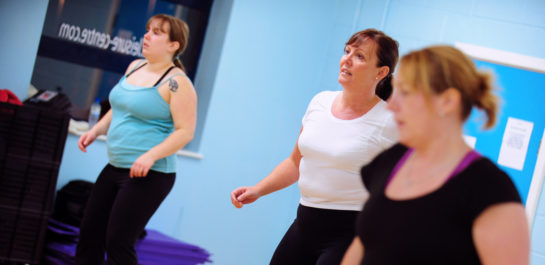
Exercising with a Lung Condition
If you have a lung condition, being active can help to improve your quality of life and help you manage your condition. There are many different ways to be active. You can increase everyday activities like walking or gardening, join an exercise class, take part in a pulmonary rehabilitation course, or take up sports and activities like yoga, dancing and tai chi

Exercising with Cancer
This booklet is for anyone who has cancer or has had treatment for cancer and is thinking about becoming more physically active. There is also information for carers, family members and friends. The booklet explains what physical activity is, its benefits and how to be safe when exercising. It also includes information about the types of activity you can do and how to get started.
Some general activities that you can look at starting if you are looking to get more active are walking, low impact activities such as bowls or Tai Chi or if you can do something a bit more, perhaps jogging or dancing. You can search for local activities using our directory, if you select low impact, low intensity and/or inclusive activities when asked about the type of activity you would like to do, these should be most suitable for you to start with. You can access the directory by clicking the link below.
Below are some links that may help you get started in your own time in your own way.

NHS Active 10
The Active 10 app records every minute of walking you do (anonymously). Just pop your phone in your pocket and away you go! The app tracks your steps, helps you set goals, shows you your achievements and gives you tips to boost your activity. Did you know walking briskly, even for 1 minute, counts as exercise? What are you waiting for - take your first steps today!

Subscribe to our newsletter
The latest updates on Active Blaby, our programmes, success stories, news, events and more…

